A realistic view of Germany as seen by a researcher of German literature
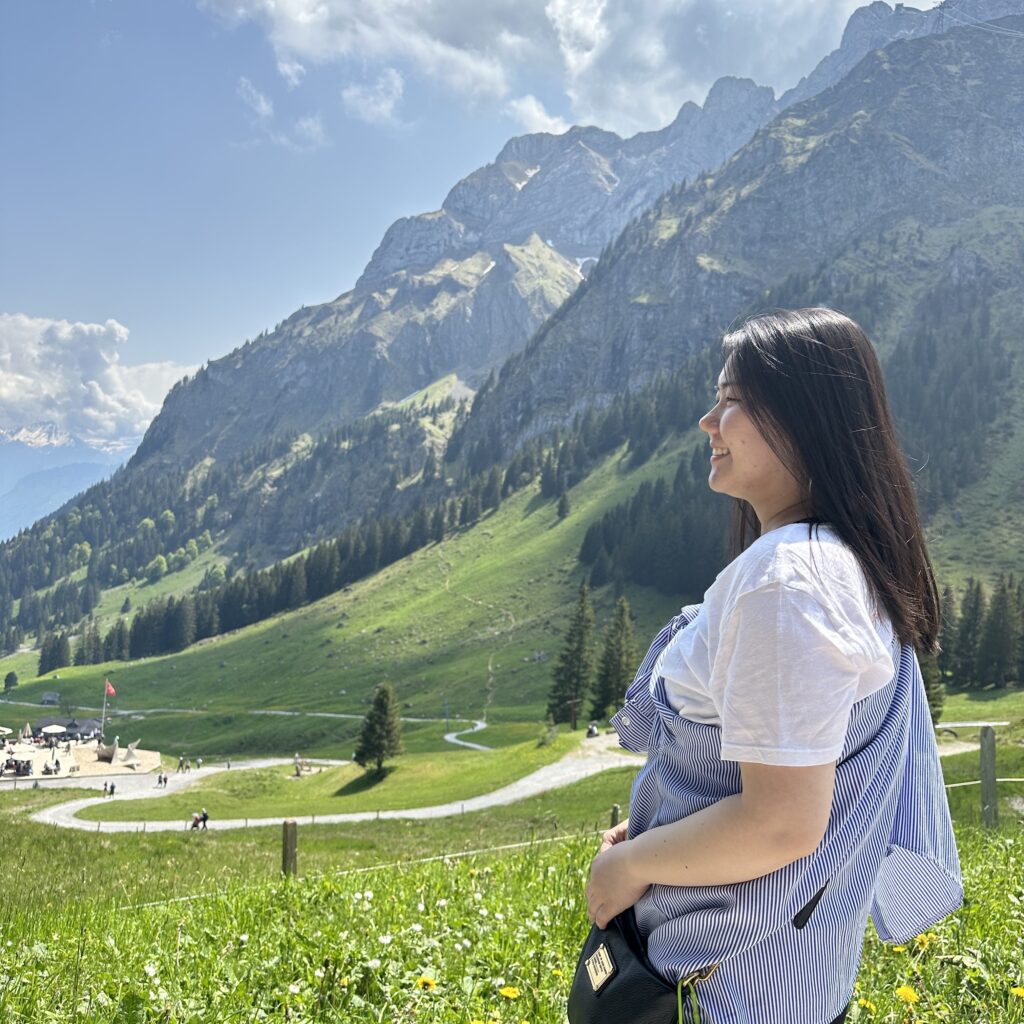
Every year, many Sophia University students study abroad in countries all over the world outside of Japan. How did they manage to find their way through the differences in languages, cultures, and lifestyles? Here are some voices of students who studied abroad.
What made you decide to study abroad?
My decision to study abroad was based on the fact that I had never been to Germany, even though I had been a German literature major for a long time since my undergraduate years. In my master’s program, my study abroad program was cancelled due to a pandemic, so I was more determined to go this time.
How did you choose your study abroad destination (country/university)?
Since there was a program specifically for graduate students and a professor who was the author of a research paper I read as a reference, I chose this program without hesitation.
Did you have any concerns about studying abroad?
Since I had studied abroad a few times before, I did not have any major concerns. However, since it was my first time going to Europe, I was worried about safety and financial aspects.
How did you prepare for your study abroad program and what do you wish you had done?
Insurance and housing. In the case of the University of Freiburg, the university will provide you with information about housing and insurance. However, the insurance requirements at Sophia University were different from the university there, so I had to reapply for insurance once I arrived in Germany. It is recommended that you check the details in advance.
What was the atmosphere like at the university and among the students?
The campus is located in the middle of the city, so it is very lively. The support for international students is also very detailed, so issues related to housing, insurance, and visas were quickly resolved. The person in charge was also polite and friendly.
How did you expand your circle of friends?
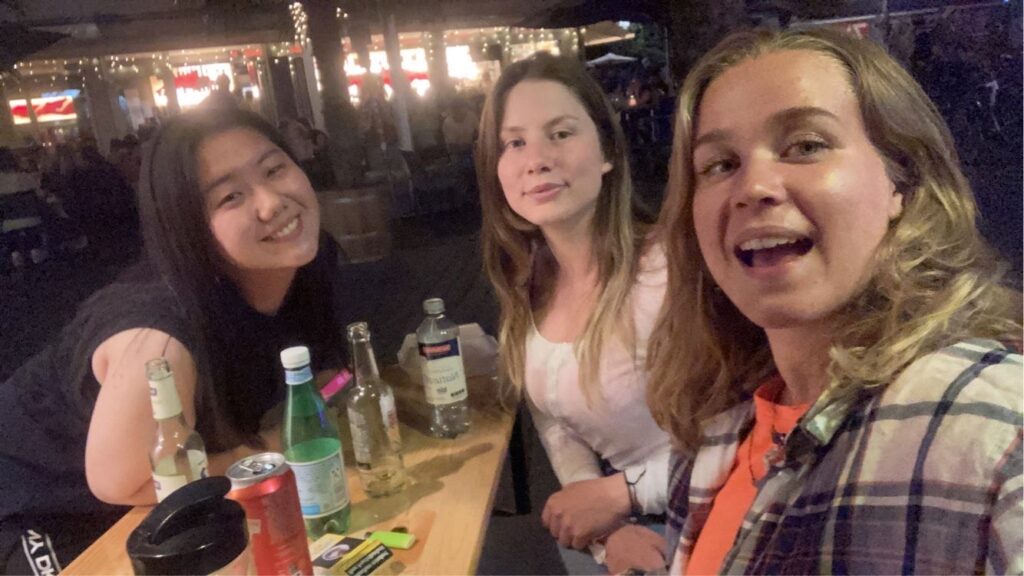
There is a month-long language course in March and August, and you can meet most of the international students if you attend this course. In addition, each dormitory has weekly events and other events hosted by organizations that cater to international students. If you attend even one of these events, you will meet a lot of people.
Were there any differences in classes, course content, exams, etc. compared to Japan?
Of course, classes are taught only in German or English. Students are more active than in Japan, and there are many more class discussions. Also, seminar-style classes with small numbers are easy to get used to, and lecture-style classes often use media, so I think it is easier to understand the material visually.
What is the most important thing you have done outside of studying?

Traveling. I visited many countries that I was only able to visit because I was in Europe. Freiburg’s location makes it easier to visit France and Switzerland than the rest of Germany, so I visited them often during my time abroad and got a feel for the multicultural nature of these bordering countries.
What are some of the unique aspects of your study abroad destination that you found attractive or new discoveries?
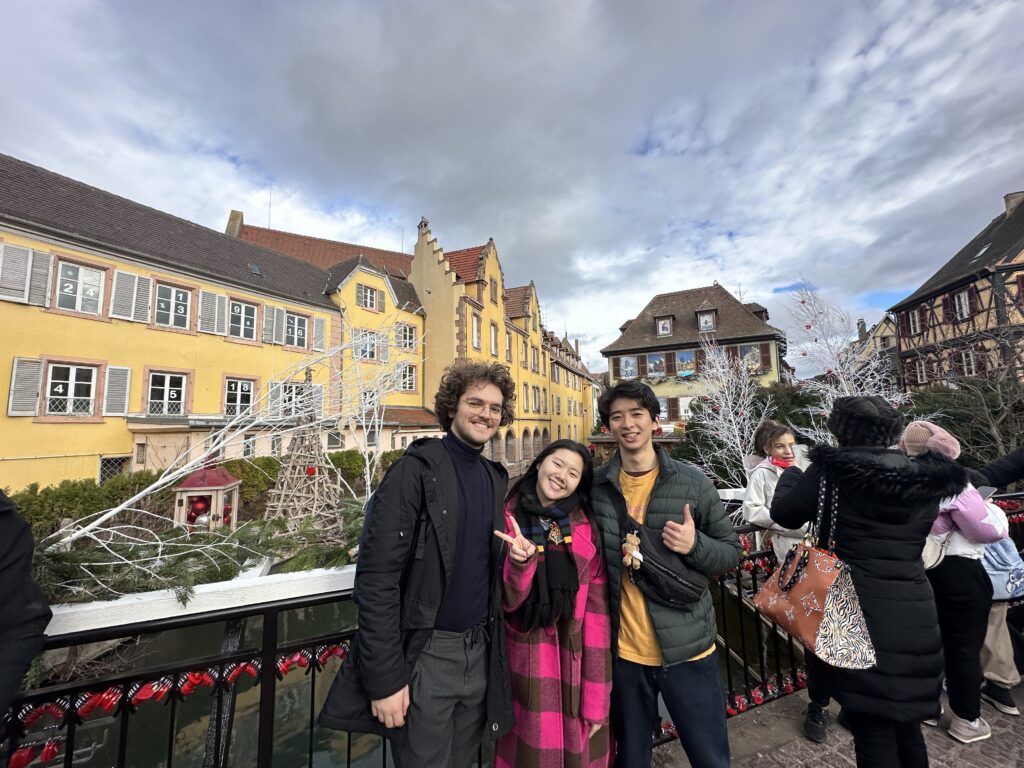
Being exposed to not only the German culture but also the cultures of many other countries is what makes Freiburg so unique. Due to its location on the border of Germany, France, and Switzerland, Freiburg had to undergo a lot of change. This effect remains today, and most residents speak both German and French. The local cuisine is also very unique, with some dishes typically German, others more French, and a little further away, more Italian, offering visitors a taste of unusual German cuisine.
What was the highlight of your stay and what was the most shocking event?
On March 1, there was a transport strike, with posters all over the town, and since it was the first day of my language course, I had to walk an hour to get to my class. There were several other strikes during my stay and each time I had to walk to the university. If you take the tram, it takes 10 minutes, but if you walk, it takes an hour.
What were some of the difficulties or challenges you faced during your study abroad? How did you overcome them?
My wallet was pickpocketed in a small town called Eisenach. I did not have any Japanese credit cards in my wallet, so the damage was minimal, but my ATM card was stolen. Since it was an app-operated type of card, I immediately froze it, and until my card was reissued, I had to temporarily transfer money to a friend’s account and make withdrawals using an online transfer system. I filed a lost and found report at the train station, city and bus station, but it was never found.
Comparing before and after your study abroad, in what ways have you grown and changed your way of thinking?
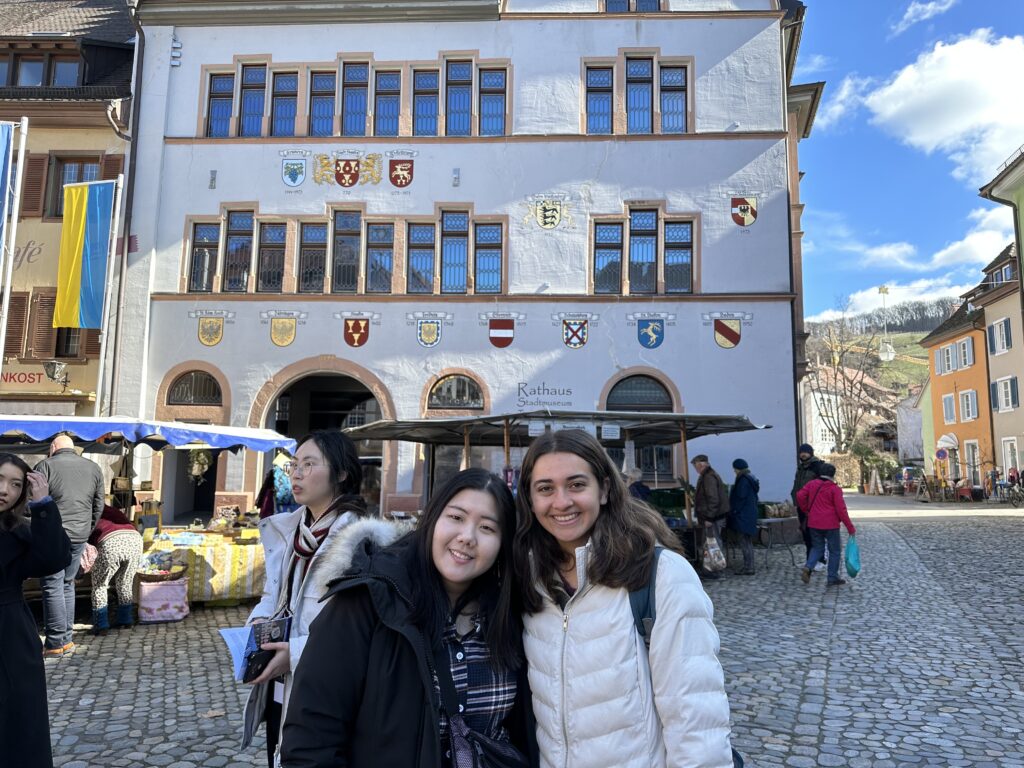
I feel more familiar with Germany now. Although Japan and Germany are quite far away from each other, I heard that they are similar in many ways, and when I actually went there, I realized that there are indeed many similarities between the two countries. I learned a lot about German-ness, including some aspects that are completely different from each other. During my research, areas that I did not fully understand or accept became clear to me, and this made my work even more enjoyable.
How do you think your study abroad experience will affect your life in the future?
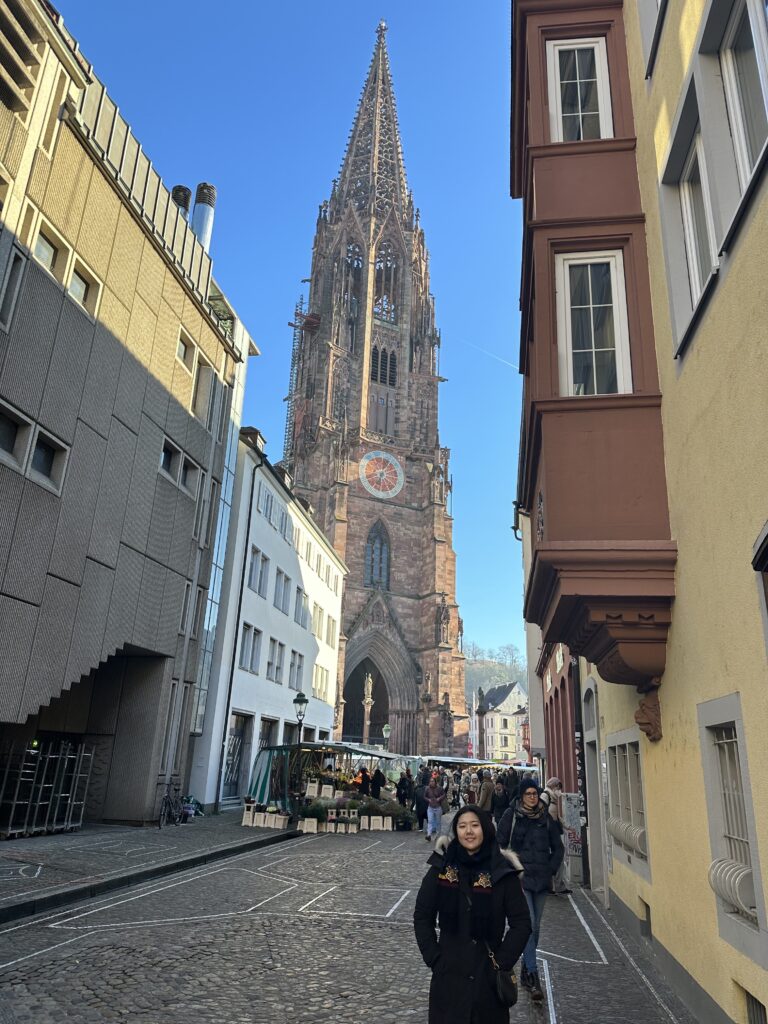
I will be teaching German from now on, and I think it was very meaningful that I gained insights and real-life experiences that I can share when I teach. I also got to know many fellow scholars of German literature, which will be helpful for my research career in the future.
What advice would you give to people who are wondering whether or not to study abroad?
I think people should study abroad whenever possible. If there is even the slightest interest in studying abroad, please give it a try!